Define virus
Home » » Define virusYour Define virus images are available in this site. Define virus are a topic that is being searched for and liked by netizens now. You can Get the Define virus files here. Get all free photos.
If you’re searching for define virus pictures information related to the define virus keyword, you have come to the right blog. Our site always gives you suggestions for seeing the highest quality video and picture content, please kindly surf and locate more enlightening video content and images that match your interests.
Define Virus. Virus definition a virus is a chain of nucleic acids (dna or rna) which lives in a host cell, uses parts of the cellular machinery to reproduce, and releases the replicated nucleic acid chains to infect more cells. The way they do this varies. A virus operates by inserting or attaching itself to a legitimate program or document that supports macros in order to execute its code. Viruses must infect cells and use components of the host cell to make copies of themselves.
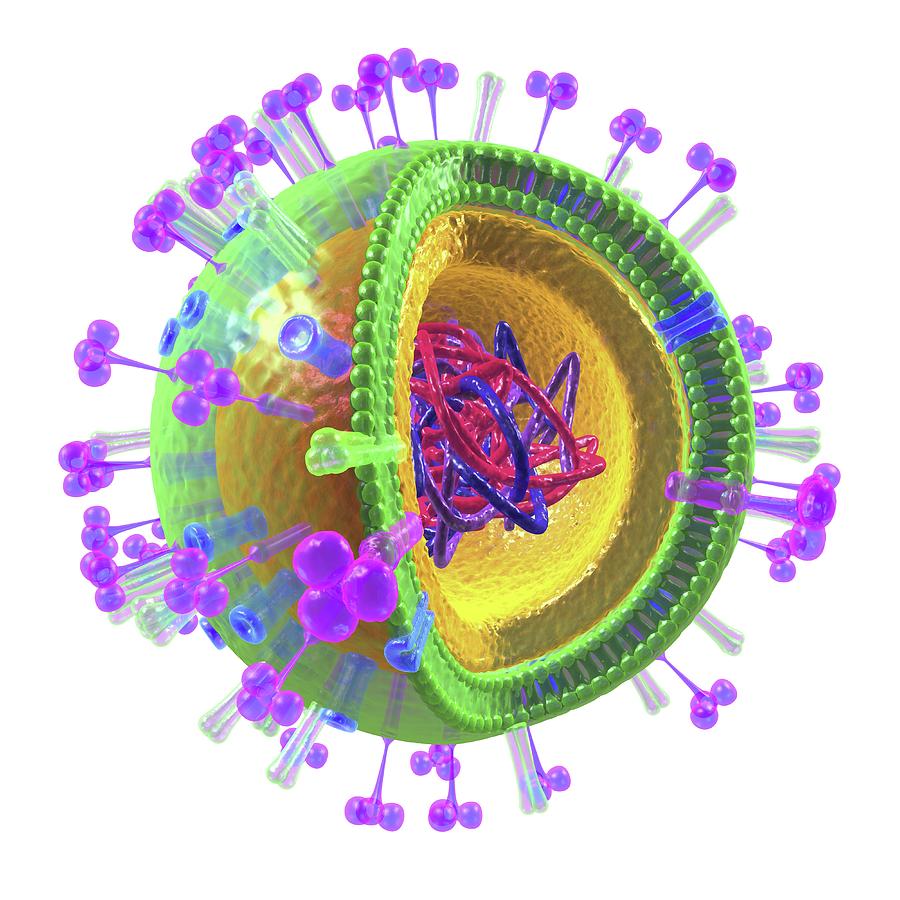 Influenza Virus Structure Photograph by Alfred Pasieka From fineartamerica.com
Influenza Virus Structure Photograph by Alfred Pasieka From fineartamerica.com
Virus definition viruses are infectious agents that replicate inside the body of a host in biology, viruses are microscopic entities that are able to replicate inside the cell of its host. Some insert their genetic material into the host�s dna, where it can sit in wait until it�s translated at a later date. Most antivirus programs include both automatic and manual scanning capabilities. How does a computer virus attack? In other words, the computer virus spreads by itself into other executable code or documents. A virus is an ultramicroscopic agent that can only reproduce in living cells and is spread through infection.
A virus can be easy to produce.
A computer virus is a malicious software program loaded onto a user’s computer without the user’s knowledge and performs malicious actions. A computer virus is a malicious software program loaded onto a user’s computer without the user’s knowledge and performs malicious actions. Antivirus software is a type of utility used for scanning and removing viruses from your computer. They are always induced by people. The purpose of creating a computer virus is to infect vulnerable systems, gain admin control and steal user sensitive data. Viruses are only 20 to 300 nanometers—so small that even microscopes can’t see them.
 Source: promocell.com
Source: promocell.com
Virus definition viruses are infectious agents that replicate inside the body of a host in biology, viruses are microscopic entities that are able to replicate inside the cell of its host. The name is from a latin word meaning “slimy liquid” or “poison.” In other words, the computer virus spreads by itself into other executable code or documents. A computer virus is a malicious software program loaded onto a user’s computer without the user’s knowledge and performs malicious actions. Viruses must infect cells and use components of the host cell to make copies of themselves.
 Source: microbiologyclass.com
Source: microbiologyclass.com
A computer virus is a type of computer program that, when executed, replicates itself by modifying other computer programs and inserting its own code. Once created and released, however, their diffusion is not. A simple virus that can make a copy of itself over and over again is relatively easy to produce.even such a simple. A virus cannot replicate alone. A virus is often housed in a protein coat or protein envelope, a protective covering which allows the virus to survive between hosts.
 Source: sciencefacts.net
Source: sciencefacts.net
A virus can be easy to produce. A computer virus is a program or piece of code that is loaded onto your computer without your knowledge and runs against your wishes. Viruses are only 20 to 300 nanometers—so small that even microscopes can’t see them. Often, they kill the host cell in the process, and cause damage to the host organism. A virus can be easy to produce.
Source: correlation-net.org
The term �computer virus� was first formally defined by fred cohen in 1983.computer viruses never occur naturally. Virus, infectious agent of small size and simple composition that can multiply only in living cells of animals, plants, or bacteria. A computer virus is a program or piece of code that is loaded onto your computer without your knowledge and runs against your wishes. The name is from a latin word meaning “slimy liquid” or “poison.” A virus is an ultramicroscopic agent that can only reproduce in living cells and is spread through infection.
 Source: ibiologia.com
Source: ibiologia.com
The name is from a latin word meaning “slimy liquid” or “poison.” The virus can spread from an infected person’s mouth or nose in small liquid particles when they cough, sneeze, speak, sing or breathe. A virus is genetic material contained within an organic particle that invades living cells and uses their host�s metabolic processes to produce a new generation of viral particles. A virus can be easy to produce. The term �computer virus� was first formally defined by fred cohen in 1983.computer viruses never occur naturally.
 Source: toppr.com
Source: toppr.com
A virus invades living cells and uses their chemical machinery to keep itself alive and to replicate itself. A virus can be easy to produce. Some insert their genetic material into the host�s dna, where it can sit in wait until it�s translated at a later date. A computer virus is a program or piece of code that is loaded onto your computer without your knowledge and runs against your wishes. A virus is an ultramicroscopic agent that can only reproduce in living cells and is spread through infection.
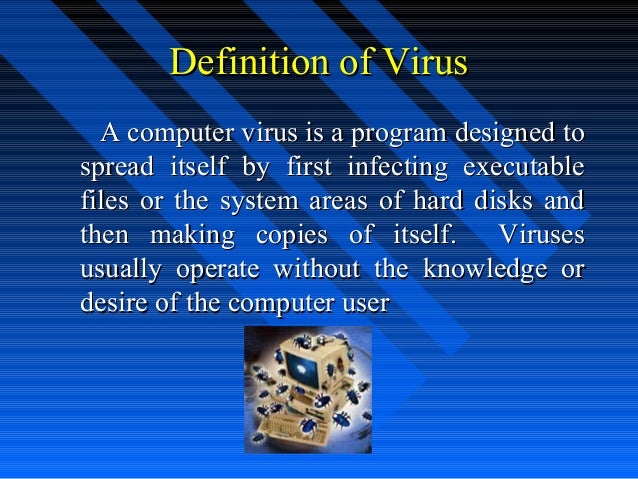 Source: computervirusrubenko.blogspot.com
Source: computervirusrubenko.blogspot.com
A virus is often housed in a protein coat or protein envelope, a protective covering which allows the virus to survive between hosts. Many viruses cause diseases as part of their reproduction process. A virus operates by inserting or attaching itself to a legitimate program or document that supports macros in order to execute its code. In the process, a virus has the potential to cause unexpected or damaging effects, such as harming the system software by corrupting or destroying data. If this replication succeeds, the affected areas are then said to be infected with a computer virus, a metaphor derived from biological viruses.
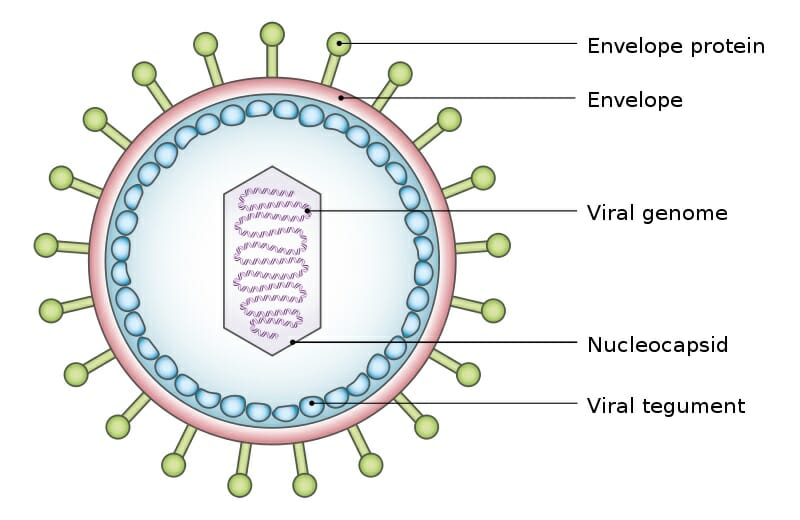 Source: biologydictionary.net
Source: biologydictionary.net
Viruses are also very simple. A computer virus is a malicious software program loaded onto a user’s computer without the user’s knowledge and performs malicious actions. In the process, a virus has the potential to cause unexpected or damaging effects, such as harming the system software by corrupting or destroying data. They are always induced by people. Viruses are also very simple.
 Source: education-portal.com
Source: education-portal.com
A virus is often housed in a protein coat or protein envelope, a protective covering which allows the virus to survive between hosts. Antivirus software is a type of utility used for scanning and removing viruses from your computer. Viruses are only 20 to 300 nanometers—so small that even microscopes can’t see them. A computer virus is a malicious software program loaded onto a user’s computer without the user’s knowledge and performs malicious actions. A virus is a small collection of genetic code, either dna or rna, surrounded by a protein coat.
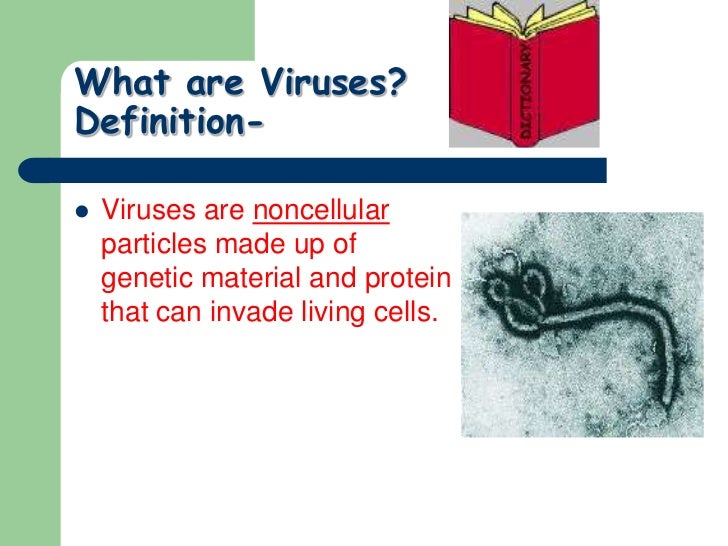 Source: mfawriting595.web.fc2.com
Source: mfawriting595.web.fc2.com
In other words, the computer virus spreads by itself into other executable code or documents. The term �computer virus� was first formally defined by fred cohen in 1983.computer viruses never occur naturally. Antivirus software is a type of utility used for scanning and removing viruses from your computer. Viruses are only 20 to 300 nanometers—so small that even microscopes can’t see them. A virus is genetic material contained within an organic particle that invades living cells and uses their host�s metabolic processes to produce a new generation of viral particles.
 Source: study.com
Source: study.com
Many viruses cause diseases as part of their reproduction process. In other words, the computer virus spreads by itself into other executable code or documents. Once created and released, however, their diffusion is not. Virus definition a virus is a chain of nucleic acids (dna or rna) which lives in a host cell, uses parts of the cellular machinery to reproduce, and releases the replicated nucleic acid chains to infect more cells. A virus invades living cells and uses their chemical machinery to keep itself alive and to replicate itself.
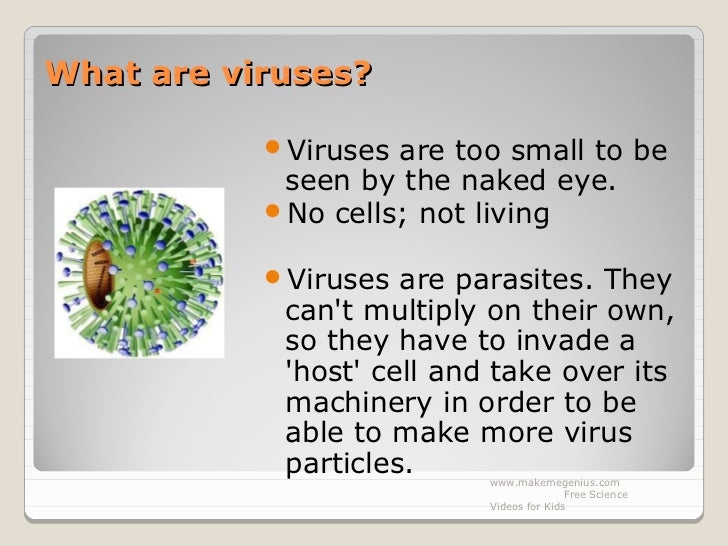 Source: slideshare.net
Source: slideshare.net
Most antivirus programs include both automatic and manual scanning capabilities. Virus definition viruses are infectious agents that replicate inside the body of a host in biology, viruses are microscopic entities that are able to replicate inside the cell of its host. A computer virus is a program or piece of code that is loaded onto your computer without your knowledge and runs against your wishes. Most antivirus programs include both automatic and manual scanning capabilities. Antivirus software is a type of utility used for scanning and removing viruses from your computer.
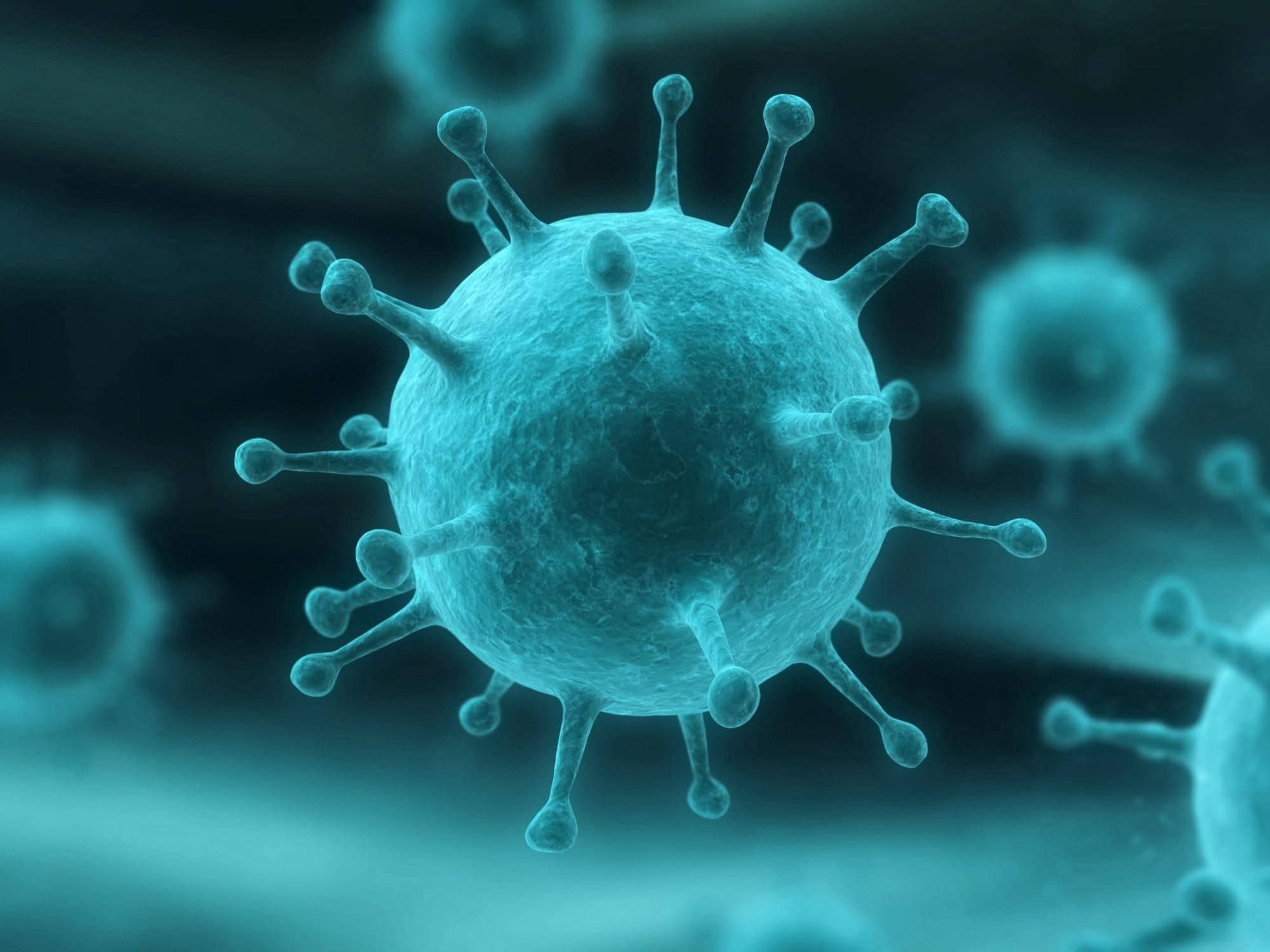 Source: dreammeaning.online
Source: dreammeaning.online
A simple virus that can make a copy of itself over and over again is relatively easy to produce.even such a simple. A virus is genetic material contained within an organic particle that invades living cells and uses their host�s metabolic processes to produce a new generation of viral particles. The way they do this varies. Viruses must infect cells and use components of the host cell to make copies of themselves. Often, they kill the host cell in the process, and cause damage to the host organism.
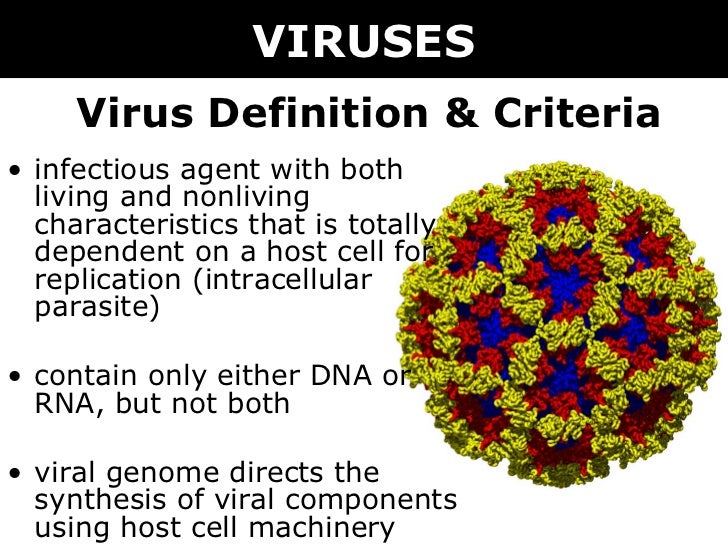 Source: slideshare.net
Source: slideshare.net
The name is from a latin word meaning “slimy liquid” or “poison.” A simple virus that can make a copy of itself over and over again is relatively easy to produce.even such a simple. Some insert their genetic material into the host�s dna, where it can sit in wait until it�s translated at a later date. In other words, the computer virus spreads by itself into other executable code or documents. They are always induced by people.
 Source: fineartamerica.com
Source: fineartamerica.com
The way they do this varies. A virus invades living cells and uses their chemical machinery to keep itself alive and to replicate itself. In other words, the computer virus spreads by itself into other executable code or documents. Some insert their genetic material into the host�s dna, where it can sit in wait until it�s translated at a later date. Viruses must infect cells and use components of the host cell to make copies of themselves.
 Source: konsyse.com
Source: konsyse.com
A virus invades living cells and uses their chemical machinery to keep itself alive and to replicate itself. A virus is often housed in a protein coat or protein envelope, a protective covering which allows the virus to survive between hosts. In the process, a virus has the potential to cause unexpected or damaging effects, such as harming the system software by corrupting or destroying data. Viruses are only 20 to 300 nanometers—so small that even microscopes can’t see them. Many viruses cause diseases as part of their reproduction process.
 Source: burrosabio.net
Source: burrosabio.net
If this replication succeeds, the affected areas are then said to be infected with a computer virus, a metaphor derived from biological viruses. A computer virus is a type of computer program that, when executed, replicates itself by modifying other computer programs and inserting its own code. The purpose of creating a computer virus is to infect vulnerable systems, gain admin control and steal user sensitive data. Antivirus software is a type of utility used for scanning and removing viruses from your computer. Many viruses cause diseases as part of their reproduction process.
 Source: medicalnewstoday.com
Source: medicalnewstoday.com
Most antivirus programs include both automatic and manual scanning capabilities. Viruses are also very simple. A virus is an ultramicroscopic agent that can only reproduce in living cells and is spread through infection. Viruses must infect cells and use components of the host cell to make copies of themselves. The name is from a latin word meaning “slimy liquid” or “poison.”
This site is an open community for users to do submittion their favorite wallpapers on the internet, all images or pictures in this website are for personal wallpaper use only, it is stricly prohibited to use this wallpaper for commercial purposes, if you are the author and find this image is shared without your permission, please kindly raise a DMCA report to Us.
If you find this site beneficial, please support us by sharing this posts to your preference social media accounts like Facebook, Instagram and so on or you can also save this blog page with the title define virus by using Ctrl + D for devices a laptop with a Windows operating system or Command + D for laptops with an Apple operating system. If you use a smartphone, you can also use the drawer menu of the browser you are using. Whether it’s a Windows, Mac, iOS or Android operating system, you will still be able to bookmark this website.